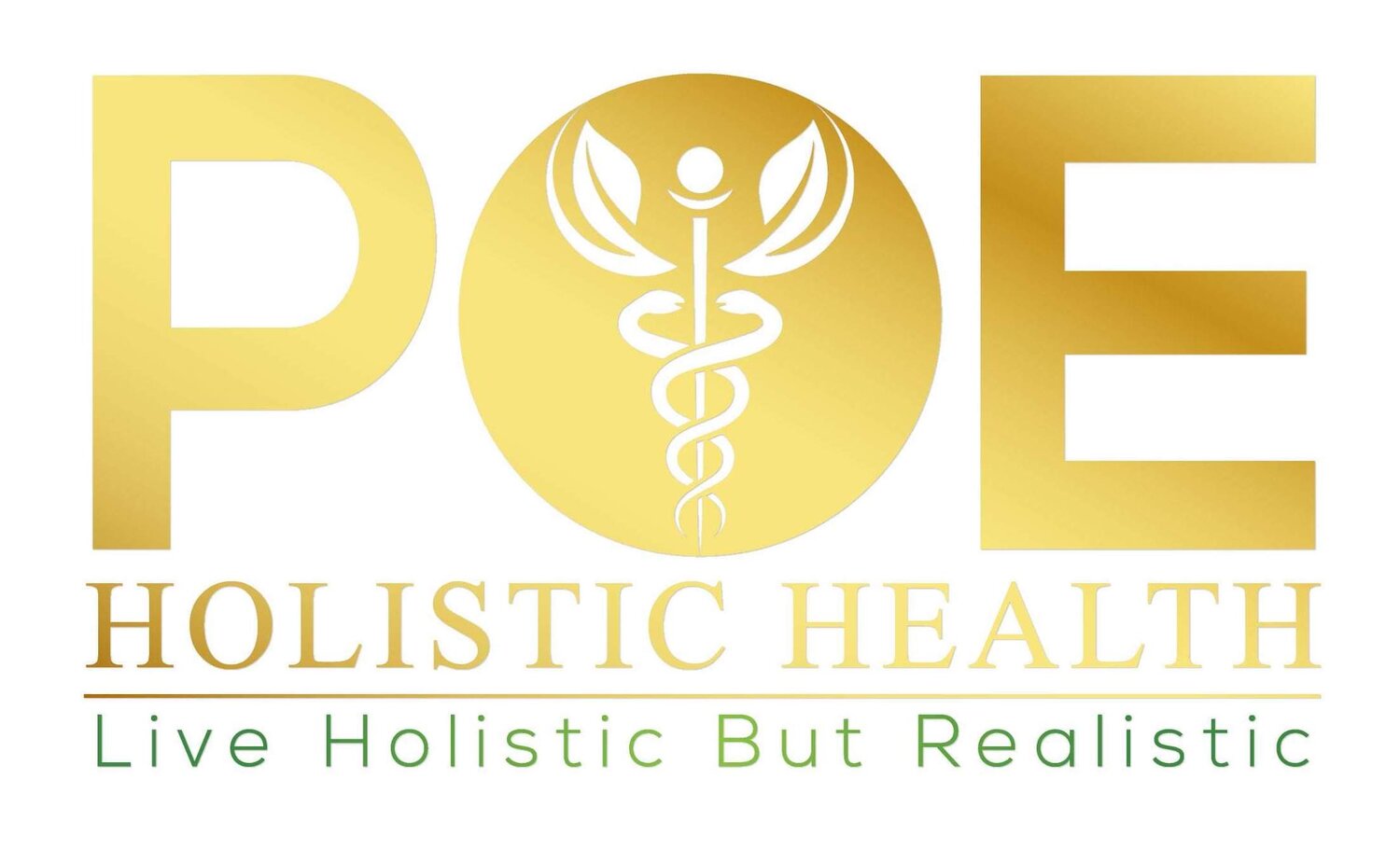“A Naprapath is a fascia specialist. As one of the few practitioners of this gentle therapeutic technique in the state of Massachusetts. My goal is to help as many people as possible return to a more pain-free and active lifestyle”
Naprapathy [nuh-prap-uh-thee] came about in the late 19th century, from the Czech word “napravit” meaning to correct or fix, and the Greek word “pathos” meaning suffering or pain. It has roots from both osteopathy and chiropractic, but its focus is on connective tissue (fascia).
The ultimate goal of a Naprapathic treatment is to restore “myofascial freedom” so that patients can return to a more pain-free and active lifestyle.
To help reduce pain and restore mobility Naprapathy uses:
No pharmaceutical medications
Gentle-hand manipulation of connective tissue (fascia) and adjoining structures (ligaments, joints, muscles)
Nutritional counseling
Other therapeutic modalities (including heat, cold, light, water, radiant energy, sound, air, and assistive devices to correct and alleviate pain)
HOW Naprapathy may benefit you:
Relief of Pain & Muscle Tension
Stress Reduction
Increased Circulation & Blood Flow
Improved Sleep
Improved Range of Motion
Improved Posture
Elimination of Pain Medications
Elimination of Headaches
Enhanced Mental & Physical Well-Being
Common issues that may be addressed by Naprapathy
Musculoskeletal Conditions
Headaches & migraines
Decreased range of motion
Sciatica
Neck and back pain
Shoulder pain
Post-surgical recovery
Carpal tunnel
IT band syndrome
Overuse syndrome
Tennis/golfers elbow
TMJ
Muscle and joint pain
Sprains, strains, spasms, and sports injuries
Scoliosis
Achilles tendinitis
Aches and pains related to Menopause
Whiplash
Neuropathy
“Naprapathy is appropriate for people seeking a gentler, more conservative means to pain and discomfort relief before considering pharmaceuticals and surgical interventions.”
who may benefit From this:
You work long hours sitting at desks.
You’re on your feet for long periods of time.
You’re seeking an active lifestyle and are in need of greater mobility to get moving again.
You have suffered from an injury.
You’re pre- or post - surgery.
You’re a highly active person or athlete and need to address a sports injuries or muscular imbalances from muscle overuse.
You’re frustrated because you have tried almost everything and despite your efforts you are still feeling discomfort or pain.
You prefer not to take pharmaceutical medication.
You want to try a gentler alternative approach to supplement the care you are already receiving from your physician or therapist.
You need guidance and help with diet, nutrition, and lifestyle management.
“I would love to be able to support you and help you find a solution that is right for you and your lifestyle”

